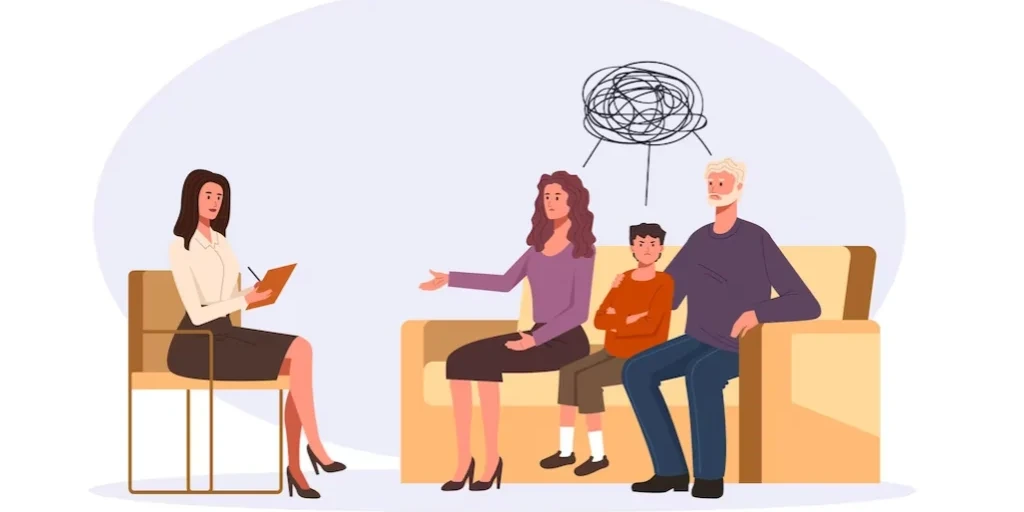24/7 Helpline:
(866) 899-221924/7 Helpline:
(866) 899-2219
Learn more about Bipolar Disorder Treatment centers in Jim Hogg County

Other Insurance Options

MHNNet Behavioral Health

AllWell

Premera

Magellan

EmblemHealth

BHS | Behavioral Health Systems

Private insurance

BlueShield

State Farm

WellPoint

Cigna

Health Net

Holman Group

Health Partners

Coventry Health Care

Multiplan

Evernorth

Optum

UnitedHealth Group

Aetna


















Border Region Mental Health
Border Region Mental Health is a private rehab located in Hebbronville, Texas. Border Region Mental ...